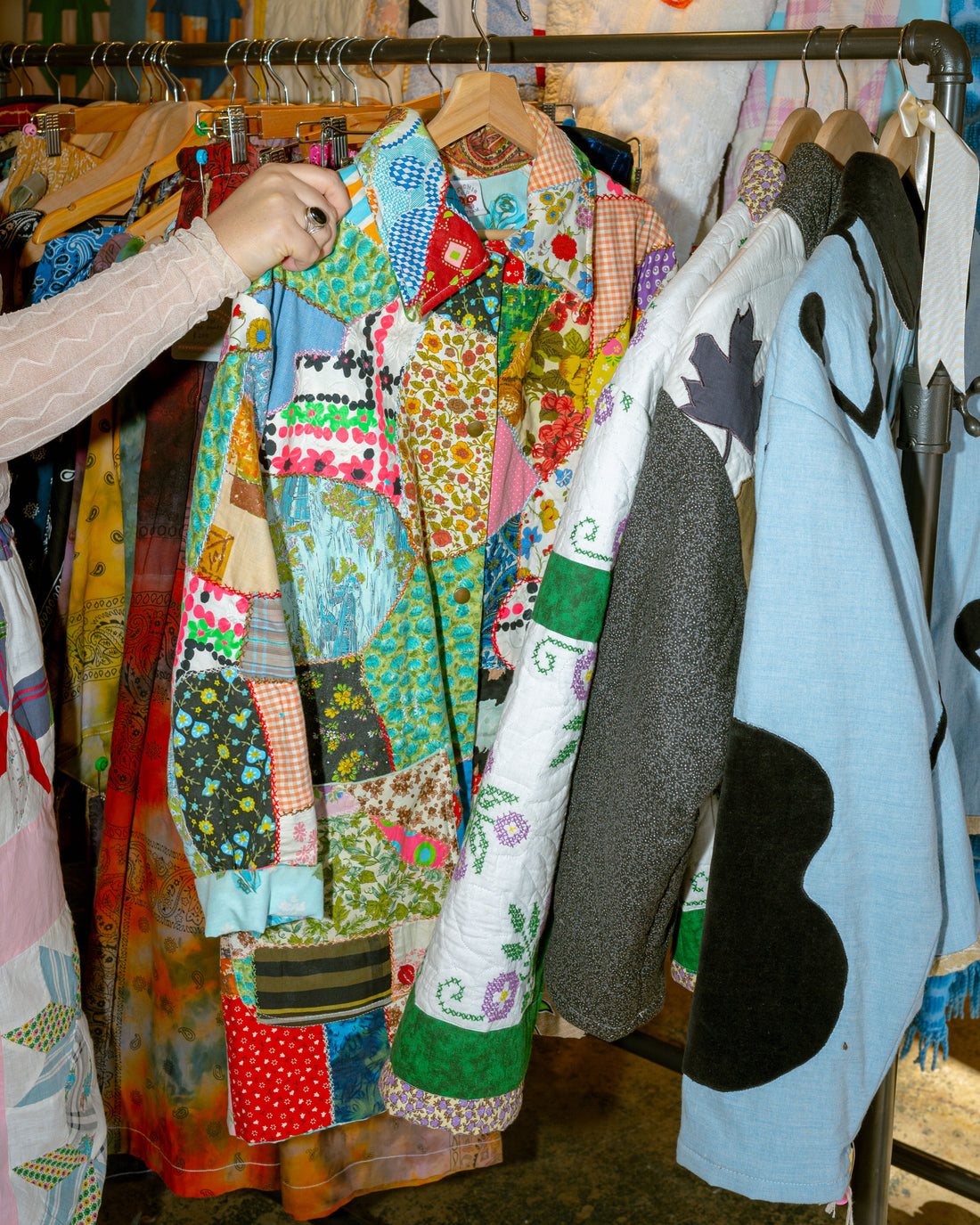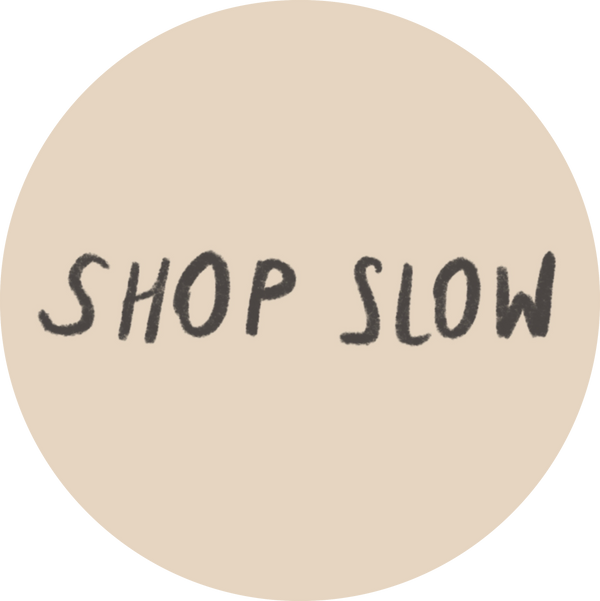
Embracing the Slow Fashion Revolution: A Guide to Sustainable and Ethical Fashion Practices
Share
The slow fashion movement is a call to action for the fashion industry to adopt more sustainable and ethical practices. It's not just about buying fewer, better-quality clothes, but also about understanding the impact that the fashion industry has on the environment and society. As consumers, we have the power to make a difference by choosing to support slow fashion brands and adopting sustainable practices in our daily lives.
One of the most significant ways to contribute to the slow fashion movement is by choosing to support slow fashion brands. Slow fashion brands prioritize ethical and sustainable production practices, which means that they are committed to creating high-quality products that are made with care and attention to detail. They also prioritize transparency, which means that they are open and honest about their production processes and supply chains.
When shopping for slow fashion brands, look for brands that prioritize sustainability, transparency, and fair labor practices. These brands may be more expensive than fast fashion brands, but they offer a higher-quality product that is made with care and attention to detail. Slow fashion brands may also offer made-to-order or bespoke products, which can help reduce waste and support local communities.
In addition to supporting slow fashion brands, there are many other ways to adopt a slow fashion lifestyle. One of the most significant is by adopting a mindset of consumption that values quality over quantity. This means buying fewer, better-quality clothes that are made to last, rather than buying cheap, trendy clothes that may only be worn once or twice.
Another way to adopt a slow fashion lifestyle is by repairing and repurposing old clothing. Instead of discarding old clothes that no longer fit or are no longer in style, consider repairing them or repurposing them into new items. This can help reduce waste and support sustainable fashion practices.
Slow fashion is also about valuing the craftsmanship of clothing production. In fast fashion, clothes are often produced quickly and cheaply, with little attention to detail or quality. Slow fashion, on the other hand, prioritizes craftsmanship and attention to detail. This means that clothes may be more expensive, but they are also made with care and attention to detail.
Slow fashion is also about valuing the people involved in the production process. Fast fashion often relies on sweatshop labor, where workers are paid low wages and work long hours in poor conditions. Slow fashion, on the other hand, prioritizes fair labor practices and supports workers' rights. This means that clothes may be more expensive, but they are also made with dignity and respect.
In addition to valuing sustainability, transparency, fair labor practices, and craftsmanship, slow fashion is also about valuing the emotional connection we have with our clothes. In fast fashion, clothes are often viewed as disposable commodities rather than as emotional investments. Slow fashion encourages us to view our clothes as emotional investments that we can connect with and cherish.
Slow fashion is not just about individual action, but also about collective action. By joining a community of like-minded individuals who share your values and commitment to sustainable fashion practices, you can make a bigger impact and create change in the industry.
In conclusion, leading a slow fashion lifestyle is not just about making a statement or adopting a trendy label. It's about making a tangible impact on the world by promoting ethical and sustainable practices in the fashion industry. By choosing slow fashion brands, adopting a mindset of consumption that values quality over quantity, repairing and repurposing old clothing, valuing craftsmanship and fair labor practices, and valuing the emotional connection we have with our clothes, we can contribute to a more sustainable future for the fashion industry.
By supporting slow fashion brands and adopting sustainable practices in our daily lives, we can make a difference in the world. We can promote fair labor practices, reduce waste and pollution, and support local communities. We can also promote sustainability by reducing our carbon footprint through transportation and production methods.
In addition to individual action, collective action is also important in promoting sustainable fashion practices. By joining a community of like-minded individuals who share your values and commitment to sustainable fashion practices, you can make a bigger impact and create change in the industry.
Slow fashion is not just about clothing; it's also about promoting cultural sustainability. By supporting local designers and manufacturers, we can promote cultural sustainability by preserving traditional crafts and techniques.
In conclusion, leading a slow fashion lifestyle is not just about making a statement or adopting a trendy label. It's about making a tangible impact on the world by promoting ethical and sustainable practices in the fashion industry.
